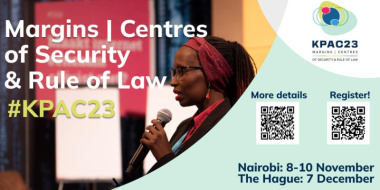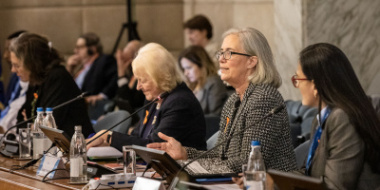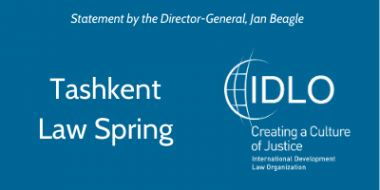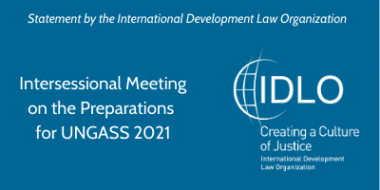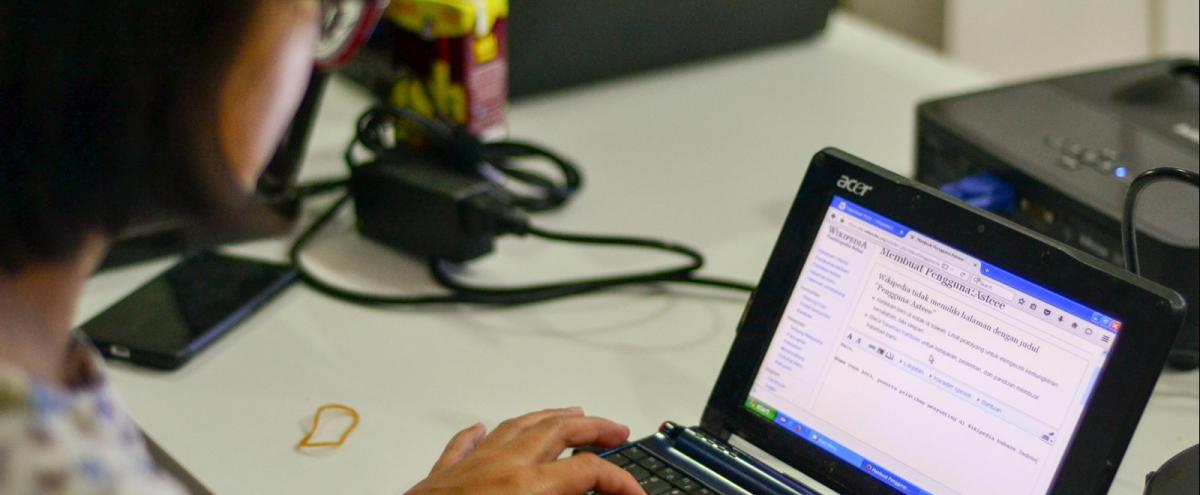
Corruption can be difficult to uncover, especially as technology is increasingly used to conceal corrupt behavior. Corruption cases handled by the Corruption Eradication Commission (KPK) that involve electronic evidence, such as e-mails or social media posts, have contributed to a conviction rate of 100 percent. Yet, law enforcement officers do not always allow electronic evidence in courts, and standard operational procedures providing guidance on electronic evidence handling and a digital forensic lab that meets international standards are lacking. Moreover, existing laws in relation to electronic evidence handling often contradict one another.
In response to these challenges and opportunities, The Partnership for Governance Reform Kemitraan is implementing a project together with the Institute for Study and Advocacy for Judicial Independence (LeIP) to improve the admissibility of electronic evidence in corruption trials in Indonesia. The project focuses on strengthening the regulatory framework in Indonesia in line with international standards. Working closely with the KPK, the Attorney General’s Office, Supreme Court, the Indonesian National Police, Indonesian Ministry of Law and Human Rights and Indonesian Ministry of Communication and Information, the project also aims to strengthen the capacity of law enforcement and justice actors in the use of electronic evidence by improving guidelines for the digital forensic laboratory, increasing knowledge and skills of law enforcement officers and judges, and enhancing access to international networks on electronic evidence handling. The project is funded through the Indonesia-Netherlands Rule of Law Fund of the Embassy of the Kingdom of the Netherlands in Jakarta, which is managed by IDLO.
Photo copyright: Rachmat04


